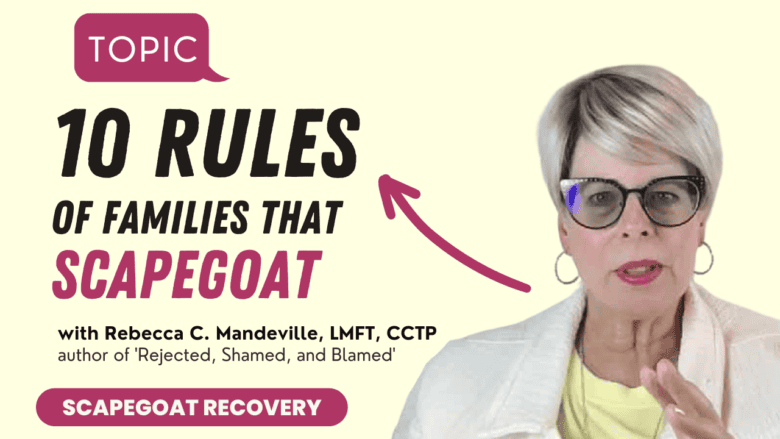6 Clinical Signs of Family Scapegoating Abuse (FSA)
To recover from something, you need to understand what you’re trying to recover from. In this week’s article, I discuss the clinical consequences of being scapegoated by your family that I have identified via my research on what I named ‘Family Scapegoating Abuse’ (FSA) and in my trauma-informed Coaching and Psychotherapy practices. If you would prefer to access my video discussion on FSA clinical signs, scroll down to the end of this article (I also include video chapters beneath the video).




